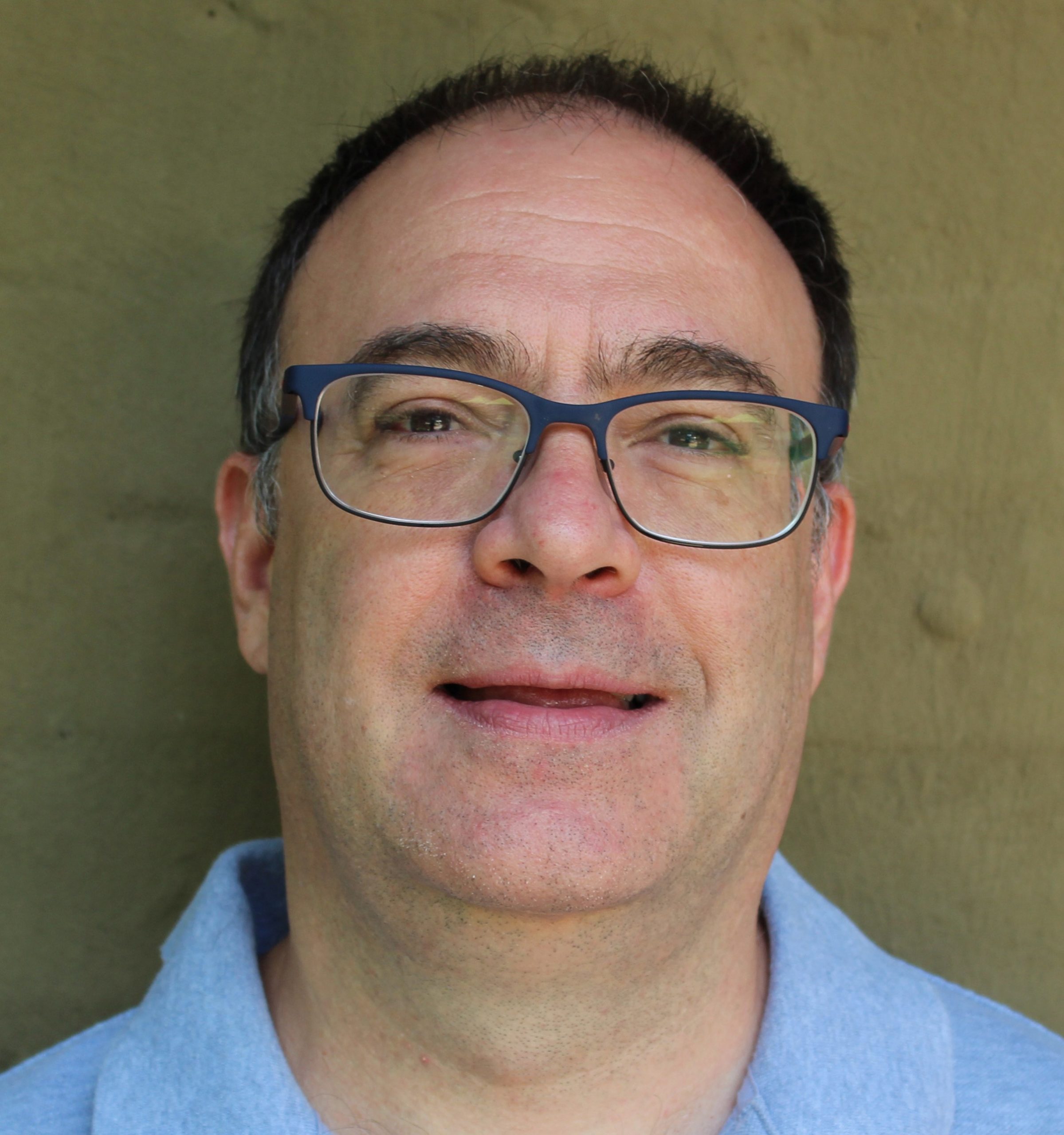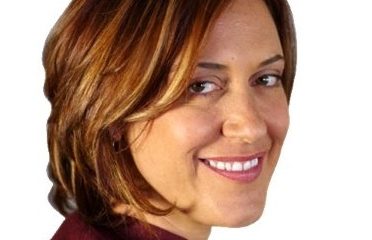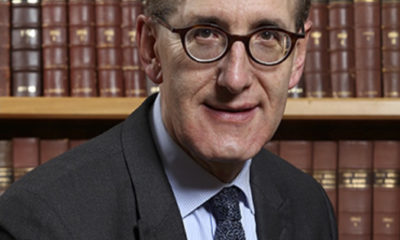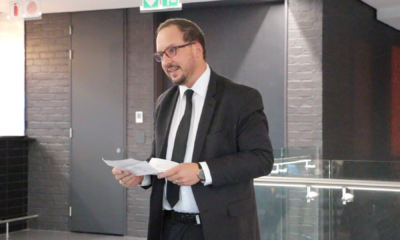
OpEds

SA govt’s Russia ‘mediation’ a big red herring
Published
2 years agoon
By
Steven GruzdRussian soldiers have continued to bombard and destroy Ukrainian towns and cities relentlessly in this terrible war. To date, close to three million Ukrainians – mostly women, children and the elderly – have fled to neighbouring states in sub-zero temperatures. Thousands have been killed and injured.
Last week, South African President Cyril Ramaphosa tweeted that he had called Russian President Vladimir Putin. Ramaphosa said South Africa had been “asked” to mediate in the conflict between Russia and Ukraine. It’s unclear who asked. Reading the Kremlin’s anaemic report on the call certainly doesn’t suggest that it was Russia doing the asking. Did anyone actually ask or is this a red herring? And why does South Africa behave so differently to Russia compared with its dealings with Israel?
South Africa tried to sit on the fence on Russia’s invasion of Ukraine, but it has leaned Russia’s way. Pretoria said nothing as Russia massed troops on its border with Ukraine from late 2021.
The department of international relations and co-operation (Dirco) issued a bland statement on 23 February, calling on both sides to continue dialogue and avoid war.
The invasion began early the next day, prompting a second, stronger Dirco statement that clearly called for Russia to remove its troops from Ukraine.
But, save for this lone utterance, South Africa has been extremely reluctant to point a finger at Russia and has called for the United Nations to step in, for dialogue, and to address both sides’ security interests to end the crisis.
South Africa was one of 17 African states to abstain from a UN General Assembly resolution condemning the Russian invasion of Ukraine, which received support from 141 countries.
Looking more closely at Ramaphosa’s tweets from 10 March, he thanked Putin for taking his call “so [he] could better understand the situation that was unfolding”. It’s not a “situation”, it’s the invasion of one sovereign state by another. He tweeted, “President Putin appreciated our balanced approach. We believe this position enables both parties to subject the conflict to mediation [and] negotiation. Based on our relations with the Russian Federation [and] as a member of BRICS [Brazil, Russia, India, China, and South Africa], South Africa has been approached to play a mediation role.”
However, it seems to have stopped there. Unless there’s activity behind the scenes, nothing more has appeared publicly about this peace initiative. And there’s been no dialogue with the Ukrainian ambassador to South Africa, or a call to Ukrainian President Volodymyr Zelenskyy. It’s Mediation 101 to speak to both sides. There was no call for a ceasefire, humanitarian corridors or a neutral venue.
South Africa isn’t serious about this potential mediation, neither is Russia. Also, prospective mediators are piling in with little coordination – from France, Germany, Israel, and Turkey among others.
South Africa has been extremely careful, diplomatic and euphemistic in its choice of language, bending over backwards not to offend its good friends in Russia.
Contrast this with the vitriolic verbiage that spews when Dirco issues statements about Israel. They are peppered with emotive accusations and allegations against Israel, eschewing diplomatic conventions. To take just one of many examples, on 24 February Alvin Botes, the deputy minister of international relations and cooperation, wrote an article in Daily Maverick.
Here’s a sample of his words: “From the time that Israel was established in 1948, its policies and legislation have been shaped by an overarching objective: to maintain a Jewish demographic majority and maximise Jewish Israeli control over land to the detriment of Palestinians. To achieve this, successive Israeli governments have deliberately imposed a system of oppression and domination over Palestinians. The key components of this system are territorial fragmentation, segregation, and control, dispossession of land and property, and denial of economic and social rights.”
He lauds the recent Amnesty International report labelling Israel an apartheid state, saying that “the report concluded that the actions from Israel across a broad spectrum undermine the Palestinian people and deprive them of their universal and inalienable right to self-determination and equality. It goes against internationally adopted human-rights instruments, violates international law, further provoking political tension, and endangers international peace and security.”
The African National Congress routinely issues statements accusing Israel of “atrocities”, “ethnic cleansing” and “genocide”.
Though Pretoria engages in verbal gymnastics to support Russia without really seeming to support it, it has long ago picked its side and cheered it on heartily in the Palestinian-Israeli conflict. There’s never a hint of condemnation of any fault on the side of the Palestinians. South Africa makes no bones about supporting them in this struggle. This partisanship clearly disqualifies South Africa as an honest broker in the eyes of the Israelis.
There have been occasions when South Africa has attempted to mediate in the Palestinian-Israeli conflict. In 2002, President Thabo Mbeki convened Palestinians and Israelis for informal talks at the Spier Wine Estate in Stellenbosch. In 2014-15, President Jacob Zuma appointed former deputy foreign affairs minister Aziz Pahad and the late minister Zola Skweyiya as “Middle East emissaries” to help resolve the conflict. Neither amounted to a hill of beans.
If this war has taught us anything, it’s that there’s no monopoly on hypocrisy. However, the contrasting tone, language and posture of South Africa in these two conflicts is in sharp relief for anyone to see.
Steven Gruzd is a political analyst at the South African Institute of International Affairs in Johannesburg. He writes in his personal capacity.











yitzchak
Mar 18, 2022 at 4:16 pm
Yebo Steven viva iquiniso.
I-ANC quamba amanga.
(Yes Steven up the truth!
The ANC tells lies.)